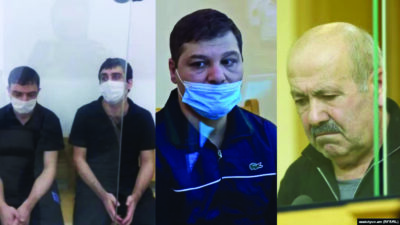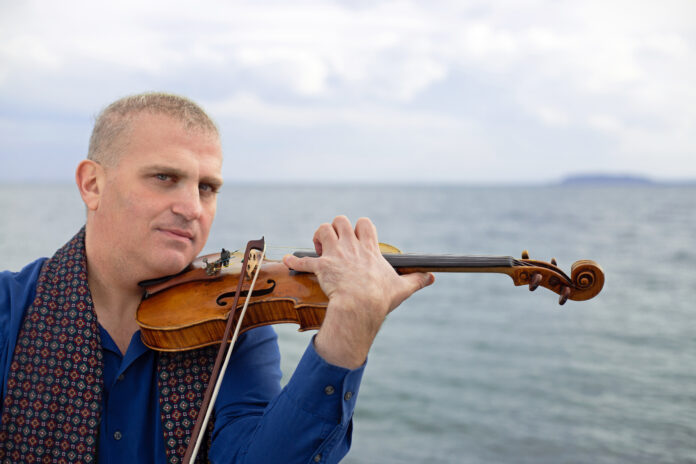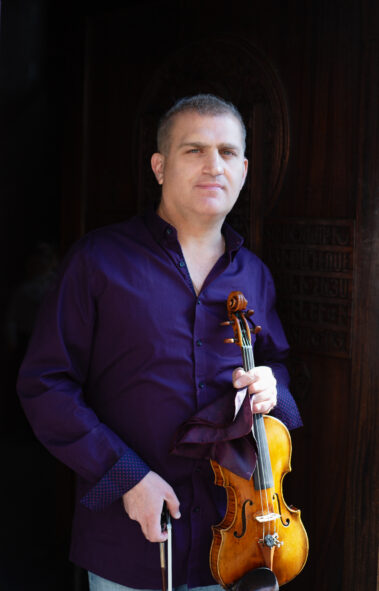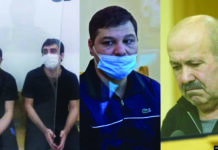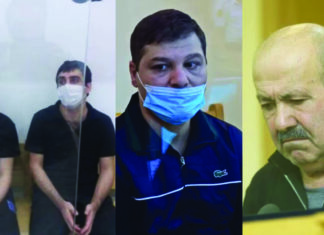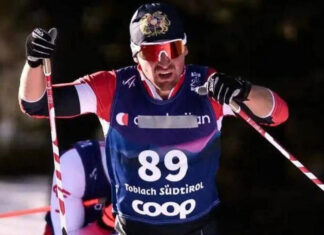YEREVAN – Nikolay Madoyan, born in Yerevan, is an Armenian virtuoso violinist whose artistry has earned him international recognition. His Guinness World Record for continuously performing 59 world classics for over 33 hours stands as a testament to his endurance and mastery. From a young age, he distinguished himself in major international competitions, later building a career that brought him to the stages of Europe, Asia, and the Americas. He worked with Isaac Stern, an encounter that deeply shaped his artistic outlook, and went on to perform with some of the world’s leading orchestras and conductors. Alongside his solo career, he has also been active in chamber music and recording, most recently releasing his Naxos debut album “Armenian Brilliance” in 2023 to wide critical acclaim. His repertoire is vast and ambitious, including rare feats such as performing all six Paganini concertos by memory in a single concert. In 2025 he embarks on a world tour devoted to Paganini’s 24 Caprices, works that remain among the most demanding in violin literature. With numerous awards, honors, and an enduring presence on the international stage, Madoyan continues to represent Armenian artistry with brilliance and dedication. His recordings with Danish label Kontrapunkt and German label Naxos Records received critical acclaim from publications like The Strad, Gramophone, BBC Music Magazine and American Record Guide.
Dear Nikolay, I’ve been following your concerts since 1995, and I’ve been your fan ever since. What’s one thing about your childhood that you believe directly led to the artist you are today?
There was always music in my house. We had an extensive collection of recordings—some of the greatest musicians of the past. My grandfather was a passionate music lover; he knew entire operas by heart. My father had a beautiful singing voice before adolescence changed it. We often listened to violin and opera legends.
But what truly shaped me was hearing Jascha Heifetz’s recording of Pablo de Sarasate’s Gypsy Airs for the first time. I was completely spellbound and I must have listened to it a thousand times. It became almost an obsession—not to imitate, but to understand and someday reach and maybe overreach that level of mastery in my own way, with my own fingerprint.
Do you believe music carries a spiritual dimension—or even healing power? Has music ever saved you personally?
I don’t just believe it—I know it. Music heals and reaches places where words can no longer go. Being immersed in music professionally, I feel its ability to heal and uplift every single day. When we engage with music at its highest level, our body and soul fall into harmony.
